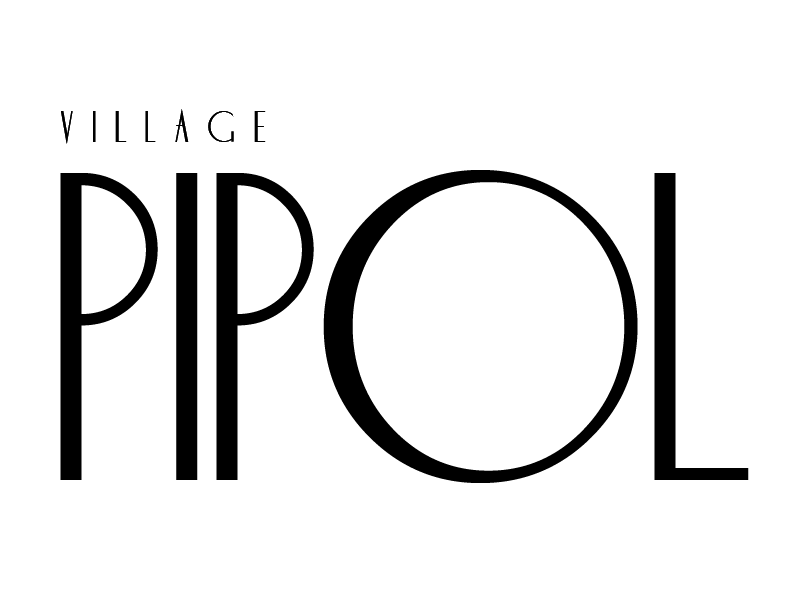Lights, Camera, Evolution: A Golden New Era of the Metro Manila Film Festival (MMFF)

Being the most anticipated film festival in the Philippines, the Metro Manila Film Festival (MMFF) has remained relevant through the years, bringing the most celebrated works of our movie industry to Filipinos across the nation. And now, as it approaches its 50th year, the festival is broadening its horizons.
This year, its organizer, the Metro Manila Development Authority, created a Summer Edition of the MMFF. This time, they target young audiences from April 8 (Black Saturday) to April 18. They are working again with cinemas nationwide to only show Filipino movies during that period.

Next year, the world will shine a spotlight on Filipino filmmakers as the Metro Manila Film Festival goes international. In celebration of MMFF’s 50th anniversary, renowned US-based Filipinos such as 8-time Emmy award-winning producer Lisa Lew and award-winning journalist and member of the Hollywood Foreign Press Association Ruben Nepales will work with the MMFF to hold international screenings of the film entries from MMFF 2023.
“We want to bring MMFF closer to Filipinos abroad, especially those who cannot go home to the Philippines. That’s why we are putting up this Metro Manila Film Festival – International Edition.”
– MMDA Chairperson and MMFF Concurrent Chairman Atty. Romando Artes.

The screenings will be held in January 2024 in the United States, starting in Los Angeles, then eventually in San Francisco, New York and Chicago. There will also be an awards night, independent of the awarding that will also take place in the Philippines when the films are shown in December 2023. Jurors in the US will include Filipino-American actors in Hollywood.
Chairman Artes notes that this will be a big boost to our film industry as well, “Hopefully this Metro Manila Film Festival International Edition will open the doors not only to Filipinos abroad but also to other markets so that we can expand the territories where Filipino films can be shown.”
What’s in a Name
The MMFF has indeed come a long way. Its precursor, the 1966 Manila Tagalog Film Festival, was organized by then Manila mayor Antonio Villegas to commemorate the city’s founding day (Araw ng Maynila). At that time, many premiere theaters only showed American movies. The event, held for 12 days in June, required movie houses to feature only locally produced films.
The festival gave the Filipinos cinematic gems such as Ang Daigdig ng mga Api (1966), Dahil sa Isang Bulaklak (1967), and Cadena de Amor (1971). However, because of the declaration of Martial Law in 1972, the Manila Film Festival was discontinued in 1973. The annual festival resumed in 1975. The name was changed to the “Metropolitan Film Festival” (MFF). Later, they changed it to “Metro Manila Film Festival”, as it now involved other cities in the metro.
And just like in the Manila Tagalog Film Festival, no foreign films may be screened during the festival period. (Except in 3D and IMAX theaters)
For no matter what it was called, the filmfest always strove to champion Filipino filmmakers. They also give them the support they need and deserve.
Traditions for the Young and Old
Filipinos see Christmas as a season to enjoy with the family. It is also a time when spending more than the usual is deemed acceptable. This is why the MMFF runs from December 25 until the first week of January. It is not unusual for Filipino families to have an unspoken commitment to watch MMFF movies together every Christmas, every year.
MMDA sees this as their call to be responsible in choosing what movies to include in the festival. As Chairperson Artes puts it, “The promotion of Filipino value. We want to maintain that as much as possible. Because as we know, the MMFF is part of the Christmas tradition. Every Filipino family celebrates Christmas through MMFF.”
Next stop: the world
Jun Robles Lana’s About Us But Not About Us won Best Picture at the MMSFF. It will be shown at the launch of the international screening in Los Angeles late this year. Along with two other films from the MMSFF, JP Habac’s Love You Long Time and Chris Martinez’s Here Comes The Groom, it will be shown during Filipino Heritage Week. It’s a perfectly apt time to showcase Filipino talent—this time, on a different shore.

Thankfully, it looks like those behind MMFF are as determined as the filmmakers in making sure that the world takes notice. Artes says, “The MMFF will exert all efforts by encouraging our stakeholders, especially the local entertainment industry, to create quality films. I urge each and every one of you to patronize Filipino films.”
Chud has always believed that to write is to live a human life as it is meant to be free and is destined to set others free -the very essence of humanity. He sees writing as a tool to bring the world closer to people. It is a challenge that he takes on in every story, poem, article and film he writes.






